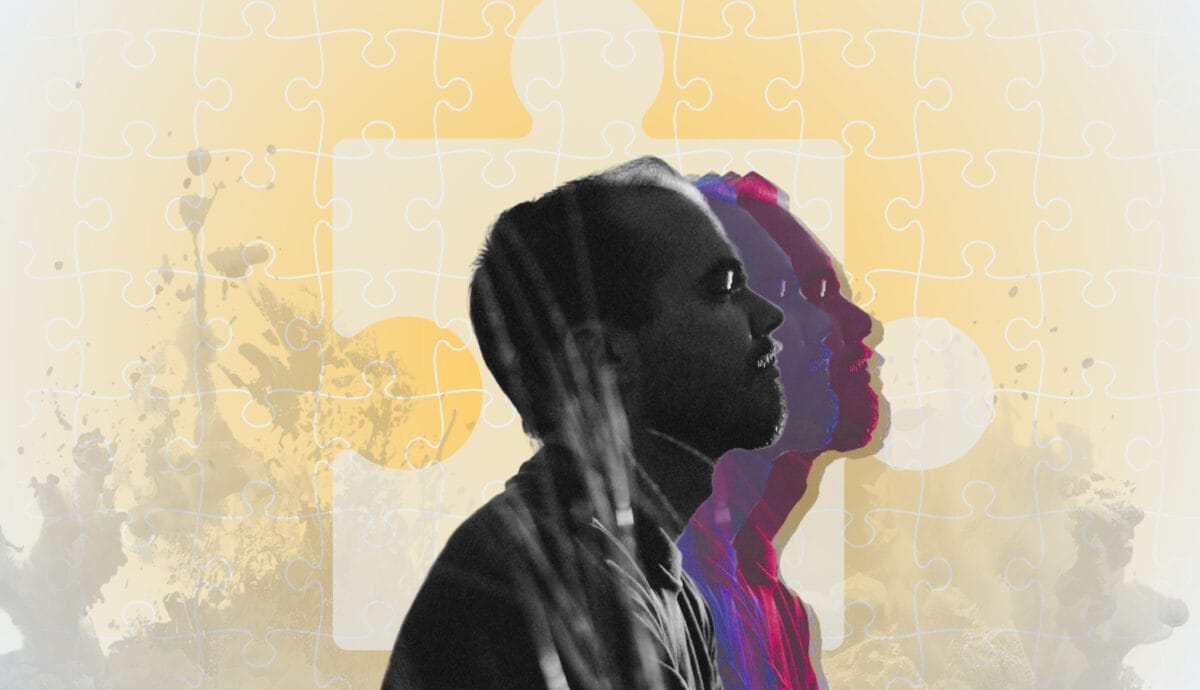Internal Family Systems therapy, or IFS, is an effective complement to psychedelic therapy and integration. But how does this therapeutic approach – best known for working with the many pieces of the psyche that comprise one’s personality, or “parts,” – work in conjunction with psychedelic medicines?
My own experiences with this modality enabled me to better understand how it works.
Navigating inner space is always a surprisingly visual journey for me. In one particular session, my eyes had been closed for a while. And this time, in a guided Internal Family Systems (IFS) therapy session, the powerful visual component was exactly the same.
There are many paths from which one can enter the inner world, known as “trailheads” in this detailed method of psychotherapy. Just taking a few breaths within this dark, introspective place, I could feel something churning like magma in my stomach. I saw and felt hot, crackling flames of anger percolating within my abdomen; painful memories of betrayal filtered through my consciousness.
Using this bodily trailhead as an entry point and working through the “parts” that hallmark the IFS approach, my therapist began to gently ask about it, as if the anger was a sentient presence.
“What would your anger do if it didn’t have to keep doing this job?” I heard from what now seemed like a far-off place.
“I don’t know,” I mumbled. “I like the anger. I know it’s here to protect me. We get along.”
It felt deeply familiar, like a well-worn sweatshirt that I couldn’t bring myself to let go of. It was safe. Or rather, it kept me safe. In the language of IFS, I had contacted a protective part of my psyche, which in this case, was a flaming cauldron of anger.
“Good. Let the anger know that you appreciate it. Really let it feel that… what does the anger have to say to you now?”
“That sometimes we lose people,” I sighed. “And that that’s OK.” These simple words gave way to a massive sense of release.
I felt the turbulent energy inside me suddenly transform into something which encompassed my entire awareness. The fiery magma of anger which coursed through my body a minute ago shifted into something that I can only describe as an emotionally expansive, all-inclusive moment of peace.
This space was familiar. I had felt it before, this wordless balance between bliss and sorrow which the thinking mind, or “ego”, seems to dissolve in.
Now, instead of feeling the flames inside me, I was inside the flame itself. I felt my entire body relax. My mind, a psychic battleground only moments before, was quiet.
I exhaled into a stillness which resonated throughout my cells. The immensity of all of life’s crushing beauty somatically flooded through my nervous system and inner vision. I felt my heart beat and my lungs expand as forgiveness flowed through my entire body. My mind relinquished control, letting the story behind this painful life chapter melt into the purifying, boundless flame I suddenly found myself engrossed in. I was deeply immersed in what IFS therapists call the energy of “the Self.”
The distant voice advised me to stay there as long as I could. And so I did, until time began to loosen its grip upon my consciousness.
When I finally opened my eyes, I was still high.
This experience could easily describe some of the most profound moments I’ve had with psychedelics. I am confident it would land somewhere on the Pahnke-Richards Mystical Experience Questionnaire, the same scale used in Roland Griffiths landmark 2006 Johns Hopkins study on psilocybin and mystical experiences. Yet, this powerful inner experience was mediated through the internet, between myself and another person, without any substances whatsoever.
As powerful as any psychedelic moment of healing, this visionary journey was facilitated by a therapist in my Internal Family Systems (IFS) therapy training program. After being guided through this modality, my suspicions around its potential for use in psychedelic therapy and integration were confirmed beyond a doubt.

What Is Internal Family Systems (IFS) Therapy?
Developed by Dr. Richard Schwartz in the late 1980’s, Internal Family Systems is a psychotherapy modality rapidly growing in popularity. As an outgrowth of his work studying family systems therapy and working with patients struggling with severe eating disorders, Schwartz noticed that his clients spoke about their inner conflict in terms of “parts” of themselves guiding their troubling behaviors and inner conflicts.
In what is ironically a radical act in many areas of the psychological establishment, Schwartz actually took his clients at their word.
Integrating his knowledge of family systems, as well as the work of Carl Jung and other psychotherapeutic pioneers, Schwartz created the IFS model which embraces the notion that our personalities are actually composed of a symphony of different parts, as well as a core, boundless source of energy that both Jung and Schwartz deemed “the Self.”
“There are times where you just can’t convince these protective parts to let us get to an exile and heal it. And a psychedelic session can expedite that pretty easily, it seems,” Schwartz told Psychedelics Today.
Michael and Annie Mithoefer, pioneers of the MDMA-assisted psychotherapy protocol currently used by MAPS, are trained IFS therapists and integrated this method into their work.
When asked about working with IFS and MDMA, Mithoefer said, “I have learned how well the spontaneous observations and experiences of our participants map onto IFS, including both parts and the Self… in my experience, people are hungry for this perspective. (Richard Schwartz) didn’t make it up – IFS taps into real phenomena.”
Schwartz says his experiences with psychedelics and the insights he gathered through substance work helped open his awareness to the “multiplicity of mind,” a core principle of IFS.
In the past, the field of psychology viewed subpersonalities with great skepticism, giving way to infamous diagnoses such as dissociative identity disorder (DID), formerly called multiple personality disorder (MPD). Yet IFS, a non-pathologizing form of psychotherapy, looks at the many subpersonalities, or parts, as natural facets of the psyche–aspects of ourselves which yearn to be known, understood, and healed.
As a depth psychotherapist, I was trained to suss out the unconscious and possibly archetypal aspects of a given dynamic or situation with my clients. Image and metaphor have long been the bread and butter of depth psychology, with myths and fairytales frequently providing the backdrop for some of this tradition’s most memorable texts. In other words, both depth psychology and IFS take to heart the notion that image and psyche are one and the same.
After slowly developing my own therapeutic style, which is influenced not only by human teachers, but psychedelic plant teachers as well, IFS felt like an immensely practical tool with which to weave this odd tapestry of animism, image, and archetypes.
After all, what is an archetype if not psychic energy crystallized into an image?

What are “Parts” in IFS?
For millennia, psychedelic medicines have been used by humans to invoke visions, as well as bring one into dialog with some larger presence: the Great Spirit, the spirits of teacher plants, animals, elements, or the ancestors. Especially with ayahuasca, DMT, and other tryptamine-containing substances, people report encountering beings or entities who often communicate detailed information that can be recalled after the effect itself has worn off.
Whether these entities are mere reflections, or personifications of psychic parts, is a valid, but different, discussion. The point is that when one goes deep enough into the mind, research and anecdotal evidence proves that it is not unusual to encounter presences that seem entirely other than one’s own self.
Instead of entities, beings, or spirits, IFS employs the language of parts to describe the psychic presences which collectively constitute one’s personality.
As a psychedelic integration therapist, IFS provided me with a systematized toolkit for working with people trying to make sense of the paradigm-bending moments that can often occur during a psychedelic journey.
For example: take the voice that suddenly tells you to quit your job; the sinking feeling in your stomach when you think about a memory from childhood; feelings of unworthiness that you’re doing it all wrong; or that suddenly you’re not safe, despite all evidence to the contrary. From the IFS perspective, these are most likely parts expressing themselves and asking for your attention. From a shamanic perspective, these messages might be coming from the spirit of the plant you just ingested, from the ancestors, or from something else entirely.
For psychedelic explorers who prefer not to think in terms of spirits or entities, IFS can provide a useful method of conceptualizing and categorizing potentially confusing aspects of psychedelic experiences that might not fit within their worldview.
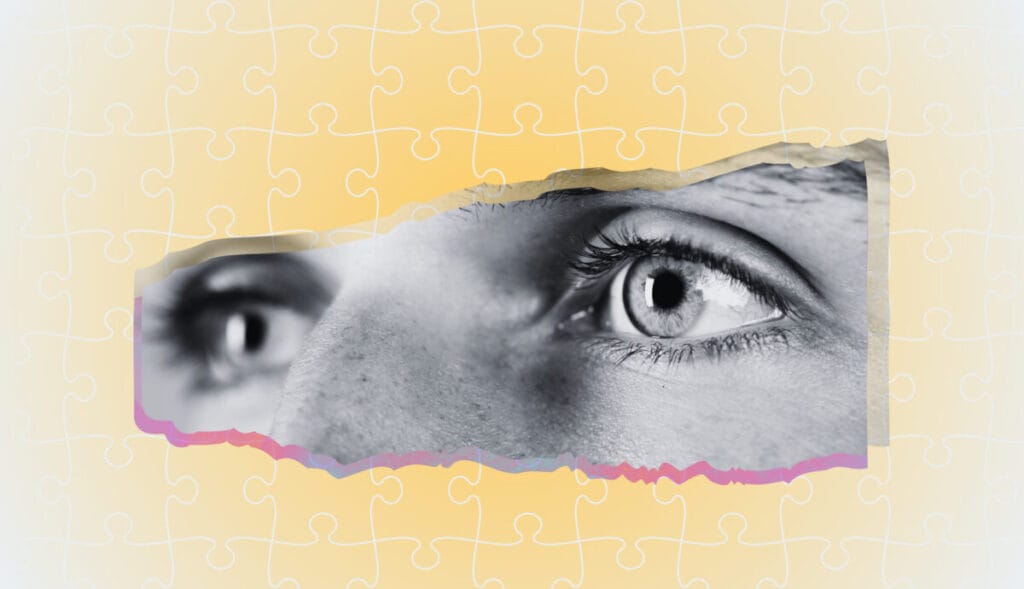
Defining “Self” in Internal Family Systems
Both IFS and psychedelics work by reconnecting one to an internal source of transpersonal energy, which Schwartz, taking a page from Carl Jung, calls “the Self.”
IFS has the potential to lead one into profoundly visionary and emotionally cathartic experiences. For me, IFS has been comparable to some of the most healing moments that I’ve experienced with psychedelic medicines.
IFS can provide both facilitators and participants a language by which to conceptualize and map an experience that would otherwise be, by its very nature, ineffable.
In describing the energy of the Self, Schwartz developed what he calls the “eight C’s”:
- Compassion
- Curiosity
- Calm
- Clarity
- Courage
- Connectedness
- Confidence
- Creativity
In IFS, it is the energy of the Self, not the therapist, that truly heals.
The good news here is that everyone, regardless of past trauma or experiences, has within them the boundless energy of Self. Thus, IFS believes that everyone has the capacity to heal.
The notion of the Self firmly locates IFS therapy in the terrain of existential-humanistic, transpersonal, and depth psychology, all of which form the foundations of emerging and long-standing modalities of psychedelic psychotherapy (for examples, see Grof, 1975, Stolaroff, 1997, and Leary, Metzner & Alpert, 2007).
One could say that within the psychological establishment, the idea of the Self is as radical a notion as LSD being used to heal. In many mental health agencies or governmental health services, both concepts would likely be given a sideways glance at best, mockery or early termination at worst.
In my own psychedelic experiences, I can recall moments of feeling immersed in many of the eight C’s. Formal research has yet to be conducted connecting the Jungian and IFS concept of the Self within psychedelic experiences and its potential for healing, though the work of Stanislav Grof, as well as Griffith’s research mentioned above, comes close.
Perhaps the expansive, all-encompassing energy of the Self is what the famous Mazatec curandera, Maria Sabina was referring to when she said, “Heal yourself, with beautiful love, and always remember, you are the medicine.”
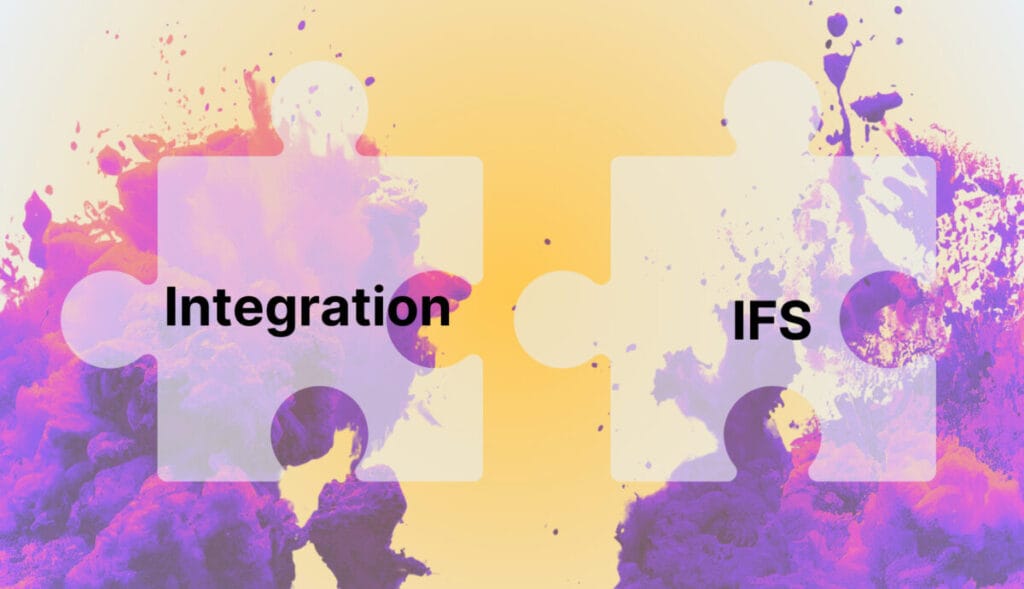
How Psychedelic Integration Could Employ IFS
After a psychedelic experience, my clients often share what can seem like a deluge of information, imagery, and questions. In addition to archetypal imagery, transpersonal, and shamanic perspectives, IFS provides me a detailed map for understanding and deeping into the integration process with clients. Often, there are recognizable themes or patterns that can emerge during a psychedelic experience – for good or ill.
Here are some core concepts in IFS therapy that I have found useful while facilitating integration work: “Unburdening,” “Polarization,” and “Blending.”
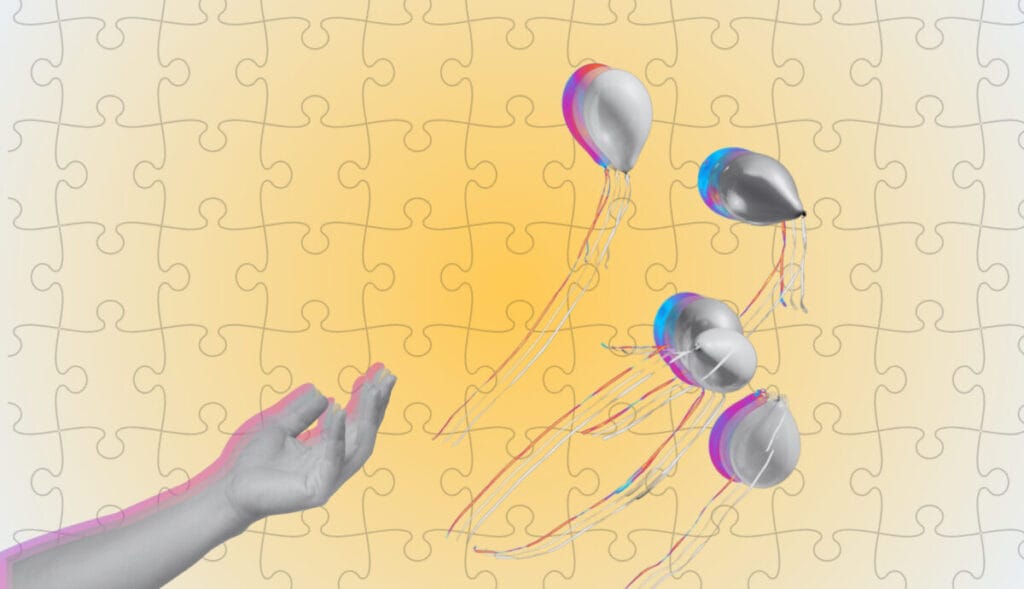
“Unburdening” in IFS
If one could distill IFS therapy down to a single sentence, it could be that it consists of helping certain parts of ourselves let go of outdated or inherited ways of being that cause us to suffer.
IFS calls this process “unburdening,” as it understands that certain parts take on “burdens” early in life which, as we grow, might become less and less helpful or healthy.
This unburdening is achieved by establishing a connection to the Self, so that the part can realize it doesn’t have to do it all by itself, that it’s not alone, and that its past experiences don’t dictate the future. Usually, these moments are profoundly cathartic and emotional. It can also take an immense amount of work to get there, which is why psychedelics can potentially play a helpful role in this therapeutic process.
From an IFS perspective, unburdening is often what happens in a positive psychedelic experience, and can be some of the most memorable moments of the journey. For example, metaphorically giving your anger to the fire; letting your grief float away into the ocean; or planting your sadness into earth. Such images are common in both IFS therapy sessions and psychedelic journeys.
Through the lens of IFS, our stories about who we are or how the world is might be a burden carried by a part. For instance, seeing oneself as a savior, victim, martyr, or outcast is a story that might be severely limiting one’s idea of who they really are and their self worth. Tendencies towards workaholism or scarcity fears, chronic shame, feelings of not being enough and needing to prove oneself, are all burdens that certain parts might carry for decades. Many burdens were placed upon us during childhood by family members, and in that sense are not true reflections of who we really are.
On an even deeper level, some burdens are inherited through our blood lineage and ancestry, or experienced through what author and psychotherapist Resmaa Menakem calls HIPP (historical, intergenerational, persistent institutional, and personal) trauma. These heavy burdens may inform every aspect of someone’s life, and are heartbreakingly real, but are still not accurate reflections of who they truly are.
Trauma twists someone’s story about who they are. Healing helps rewrite it.
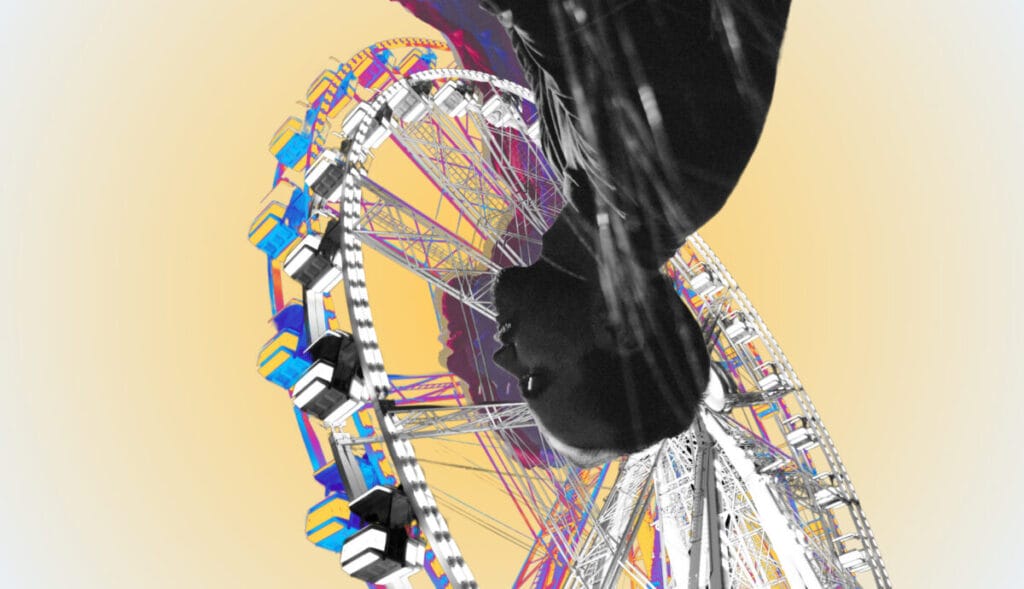
“Polarization” in Internal Family Systems
Dealing with “polarization” between parts is a common occurrence in IFS therapy sessions. Through an IFS lens, challenging psychedelic experiences can often occur because these same polarized parts are amplified during a journey. Looping or confusion – a frequent element of a bad trip – might be seen as an extreme polarization.
Polarization is like an inner battle. A difficult psychedelic experience might occur because of this inner tension: one part wants to surrender, another part is terrified to do so. One part says to take a second dose, another part cautions against it. One part wants to lay down under a blanket, another wants to stand up, stretch, and go outside. Such conundrums can be viewed through IFS as polarized parts playing a psychic tug-of-war.
This can get exhausting. And usually, there is a much deeper process going on beneath. The IFS therapist’s job is to tend to the parts that arise with compassion, to witness them, help them unburden, and reconnect them to the energy of the Self.
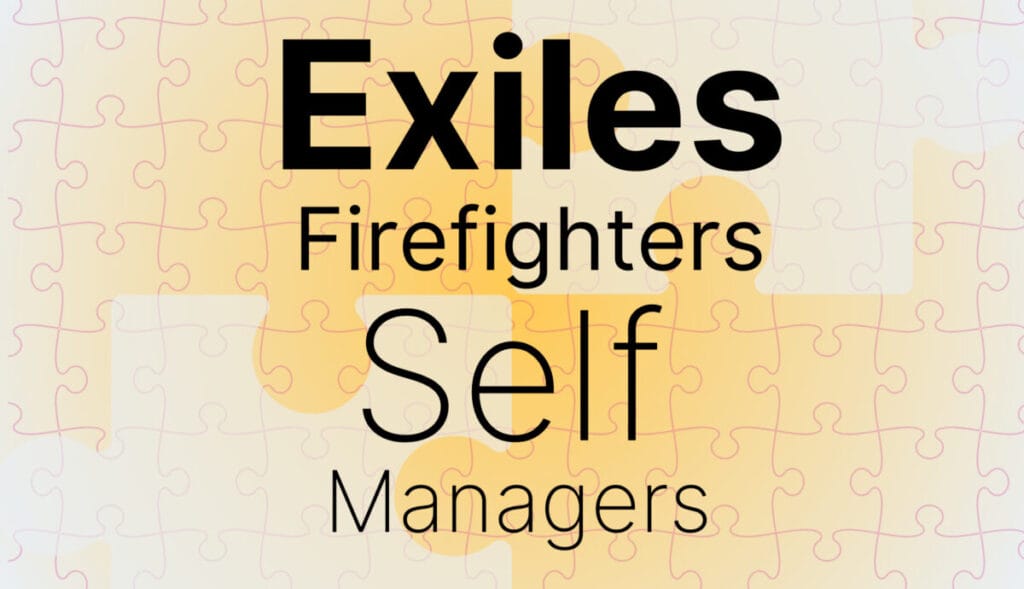
“Blending” in IFS
We all have certain parts that become strong aspects of our personality. Many people who live outwardly successful lives might be plagued by a “manager” part which acts as a strict taskmaster, inwardly limiting their creative expression and spontaneity. High levels of anxiety, especially social anxiety, can be viewed through IFS as a “critical manager” or “worrisome exile” part which gains control in uncertain situations. Or someone struggling with a strong addiction, for example, can often revert to what’s called a “firefighter”–a reactive part that rushes in to dramatically protect the system when triggered, even though it ultimately sabotages that person’s wellbeing.
Such experiences are referred to in IFS as “blending.”
Fear of letting go, or becoming stuck in certain thought patterns is a basic example of being “blended” in a psychedelic state. The psychic energy being taken up by the part in question is inhibiting one from connecting to the body, the deep nervous system, and the Self, which is how healing most easily occurs.
Extreme examples of negative outcomes from psychedelics can often be seen through this idea of blending.
How many of us have experienced someone – possibly ourselves – fresh out of a psychedelic state convinced they are either some kind of messiah with a sacred mission, or at fault for some global catastrophe, disaster, or cosmic mishap?
Taken to the extremes, this is the stuff that psychedelic-induced psychosis is made of.
And almost guaranteed, there is a much deeper reason why the part in question took over. Likely, it is to protect the psyche from facing something incredibly scary or traumatic.
From a Jungian lens, one could view these extreme examples of blending as a type of “archetypal possession,” resulting from some form of inflation. During an archetypal possession, according to Jung, an archetype takes “hold of the psyche with a kind of primeval force and compels it to transgress the bounds of humanity. The consequence is a puffed-up attitude, loss of free will, delusion and enthusiasm for good and evil alike.
Interestingly, psychedelics can both inflate or deflate the ego, filling someone up with grandiose visions of spreading the “good news,” or reducing one into a fragile shell of themselves.
This is the critical role of integration: to recalibrate the ego with the Self, to witness and guide the vulnerable parts that need care, and to ground potentially expansive visions into a genuine path of tangible healing.
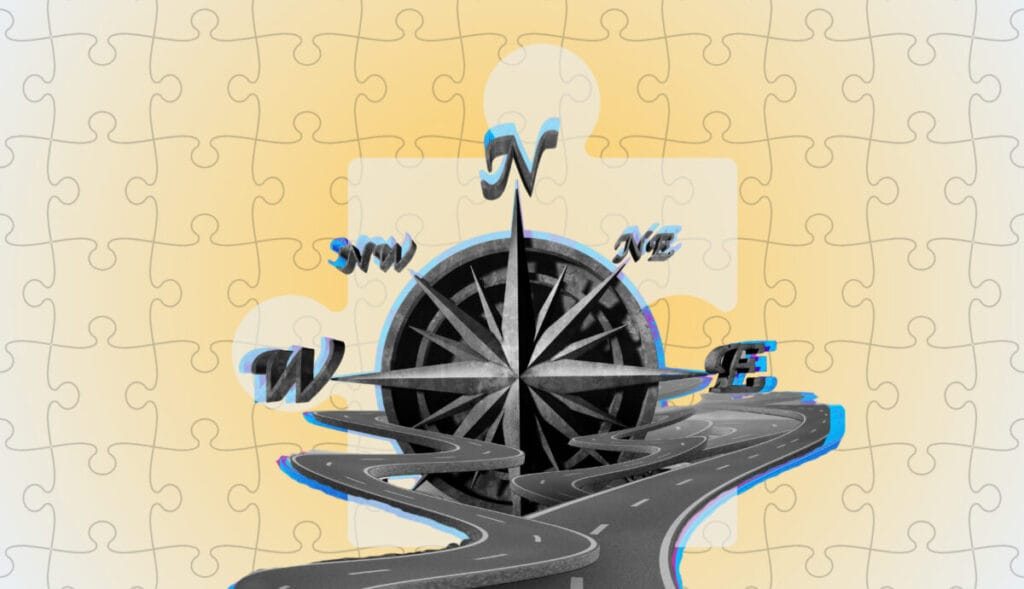
Using IFS to Navigate Psychedelic Journeys
Beyond integration, IFS can offer an immensely valuable toolkit for navigating psychedelic space as well. Speaking from personal experience, IFS has helped me to create more psychic spaciousness within a journey. Much like mindfulness, remembering my IFS training has helped me practice observing, rather than getting “hooked” into particular thoughts and feelings that might emerge during a psychedelic experience.
The basic premise of IFS is that the psyche is inhabited, and that we can learn to dialog with these presences or parts. Remembering this simple fact, I’ve been able to remain in a space of gentle curiosity when, for instance, I might fall into a thought pattern that could potentially send me down a critical, anxious, or confused internal loop during a journey.
Cultivating the ability to remain connected to Self, or any of the eight C’s which characterize this energy, helps me to remain grounded and present within psychedelic space. Much like mindfulness, the goal is to create psychic flexibility, spaciousness, and literacy, so that we might more deeply be able to do “the work” that psychedelics inevitably ask of us.
Every IFS therapy session, like every psychedelic experience, can be worlds apart. Speaking from experiences both as a therapist and client, I am continually blown away by what this therapeutic modality has revealed to me and those I’ve been lucky enough to work with.
As psychedelics are being embraced by the psychological establishment, and as these medicines collide with the demands of our capitalist economy, the need for highly trained, dedicated facilitators will become increasingly in demand.
Internal Family Systems is not only an effective psychotherapy modality with an extraordinary capacity to heal trauma, demonstrated in a pilot study in which 92% of participants no longer qualified for a PTSD diagnosis, it is also a non-pathologizing, client-directed, and ultimately psycho-spiritual framework for guiding one on the potentially infinite road of inner work.
As every good navigator knows deep down, the map and territory will always remain two very different realms. Yet as far as a set of directions for charting the inner world, and for helping people integrate potentially life-altering psychedelic experiences, Internal Family Systems therapy presents a toolkit which can greatly benefit therapists and facilitators looking for a detailed, multifaceted, and truly psychedelic methodology for exploring the soul.
